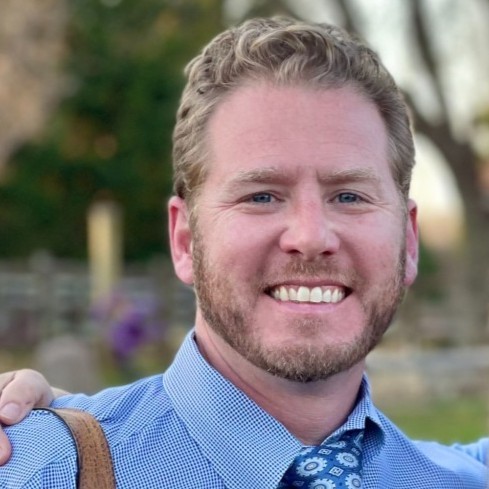The Case for Data-Informed Policies and Action

In the past several years, our society has learned more, faster than ever before. However, the flow of information in our digital world is interrupted by serious accessibility barriers for the deaf community. Navigating the hearing world with few accommodations and limited resources—including broadband and online access to training and professional development—is holding some people back.
While there are clear laws—e.g., the Americans with Disabilities Act of 1990 and the Twenty-First Century Communications and Video Accessibility Act (CVAA) of 2010—to protect people with disabilities, including deaf people, and to ensure effective access to information, there is a need to modernize these laws in regards to telecommunications. This has become more critical during the COVID-19 pandemic, especially for those who are of lower socioeconomic status.
We need to better understand how accessibility barriers have contributed to a lack of planning and career development for the deaf community.
A Growing Segment with Unequal Employment Opportunities
The deaf and hard of hearing population continues to increase. By 2050 nearly 2.5 billion people are projected to have some degree of hearing loss and at least 700 million will require hearing rehabilitation (see here). Yet there are not sufficient systemic data and research about this population.
Employment opportunities are markedly different for the deaf community. We know that many people continue to struggle to obtain meaningful employment because of limited access to broadband services, which are essential tools and resources for effective integration into society—including in employment, education, and social services. In 2017 (the most recent statistics), only 53.3 percent of deaf working-age adults were employed, compared with 75.8 percent of hearing people. This is an employment gap of 22.5 percent, and employment rates for the deaf have not increased since 2008, according to the National Deaf Center on Postsecondary Outcomes. Equally as important, 42.9 percent of deaf people have opted out of the labor force, more than double the rate of hearing people (20.8 percent).
A Need for Better Data
There is a critical need to develop, design, and implement efforts to collect much-needed qualitative and quantitative data to identify barriers to broadband adoption and digital equity for deaf people. Too often, surveys and focus groups are conducted in spoken English, which is a linguistic barrier for deaf community members who rely on American Sign Language. A major priority should be the systematic development of a nationwide, comprehensive data survey and collection in partnership with key organizations and stakeholders.
Data-informed cases of discrimination can shine a light on those with inequitable access to information and help inform new laws and systems to safeguard digital inclusion and digital equity. Additionally, collecting the data will likely identify a need for innovation, research, and training.
The data will also support current debates in Congress on the creation of a Foundation for Digital Equity, amendments to the CVAA, and other measures aimed at digital inclusion.
Translating data into strategies and action will make for more effective digital inclusion efforts and move us in the deaf community closer to digital equity.
Thomas “Tommy” Horejes, Ph.D., is an expert on disability policy, law, and sociology. Currently, he is the director for legal compliance and advocacy at Convo Relay. He has served as the director of policy and advocacy for Telecommunications for the Deaf and Hard of Hearing (TDI), as a national leader in policy advocacy, education, and innovation to foster full accessibility, equity, and inclusion in information and communications technology. Prior to TDI, Horejes was associate provost for Gallaudet University and executive director of the Deaf Empowerment Awareness Foundation (DEAF, Inc.), a nonprofit organization dedicated to empowering, raising awareness, and building a sustainable foundation of advocacy, communication, and accessibility for the Deaf, Hard of Hearing, DeafBlind, and the Hearing communities. He was also an advocate for the Greater Los Angeles Agency on Deafness (GLAD), the largest deaf-run nonprofit organization that provided legal advocacy and empowerment to deaf and hard of hearing consumers.
During 15+ years of teach disability policy, law, and sociology in higher education, Dr. Horejes has published 13+ peer-reviewed published articles on disability policy and law, including “(Re)conceptualizing Disability Policy Frameworks” for the Journal of Policy Practice, and has presented 70+ scholarly works on legal policy, accessibility, education, and justice studies for industry conferences, including the International Sociological Association and the American Educational Research Association.

